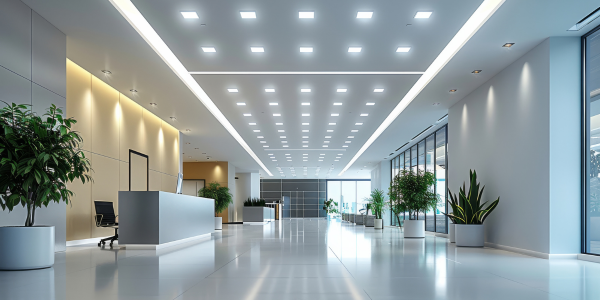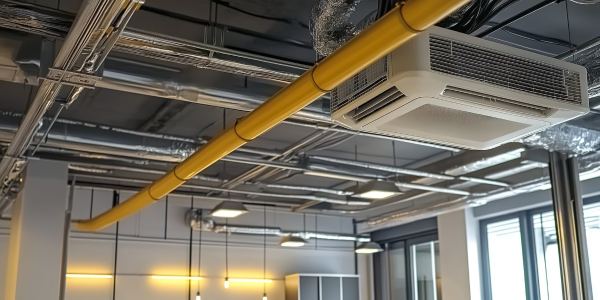Most businesses are impacted financially by the day to day running of the commercial property in which they’re situated. And indeed, in a climate where energy prices are soaring and budgets are tighter than ever, there’s never been a more important time to keep costs down.
There was a time when the cost-effectiveness of running a business premises was the primary (if, perhaps, the only) consideration. However, in recent years, due to legislative changes and growing concern for the environment, through global warming, that focus has shifted to include how well that building is able to support decarbonisation.
By 2050, the UK, along with much of the rest of the world is looking to reduce emissions to ‘net zero’ – getting as close to zero carbon emissions as possible, with the small amount of remaining emissions absorbed through natural carbon sinks and new carbon capturing technologies.
But why have the ways in which buildings are run come under such close scrutiny, in particular?
According to the International Energy Agency the buildings and buildings construction sectors combined are responsible for almost one-third of total global final energy consumption and nearly 15% of direct CO2 emissions.
Despite those emissions being moderated by continued power sector decarbonisation, and concerns over carbon tax, brought in to encourage businesses to use energy more sustainably, buildings remain off track to achieve carbon neutrality by 2050.
THE ANSWER? GREATER ENERGY EFFICIENCY
Without doubt, the automation of a properly programmed Building Management System can enable improved building performance, because it makes your building more energy efficient, by its very nature.
A BMS’ ability to adapt to seasonal change, for example, can mean that energy is not wasted in heating a building in the height of summer. Schedules for times when energy is used can be altered for occasions when maintenance is being undertaken and staff levels are low, or the building is unoccupied.
Through effective building management system scheduling, you’ll not only save on energy and reduce your building’s emissions, but this will mean lower financial cost, too.
A BMS specialist will develop a system for maximum cost effectiveness and energy efficiency. And these systems for lighting, central heating and other building management services needn’t be set in stone.
Businesses change over time and a modern and well-designed BMS will have the capacity to adapt and evolve with the changing needs of that business. Not only that, but your BMS should be able to report on your building’s overall energy consumption allowing you to monitor when and where changes need to be made.
YOUR PART IN ACHIEVING NET ZERO
When your BMS is installed by a specialist building management system contractor, such as Cube Controls, you will benefit from the best possible levels of energy efficiency.
Regular checks on your equipment by a specialist will help to ensure that it continues to make your building as energy efficient as possible for many years to come.
Cube Controls is a specialist in BMS design, installation and maintenance. Contact us today to learn how we can help ensure your Building Management System’s continued high performance.




